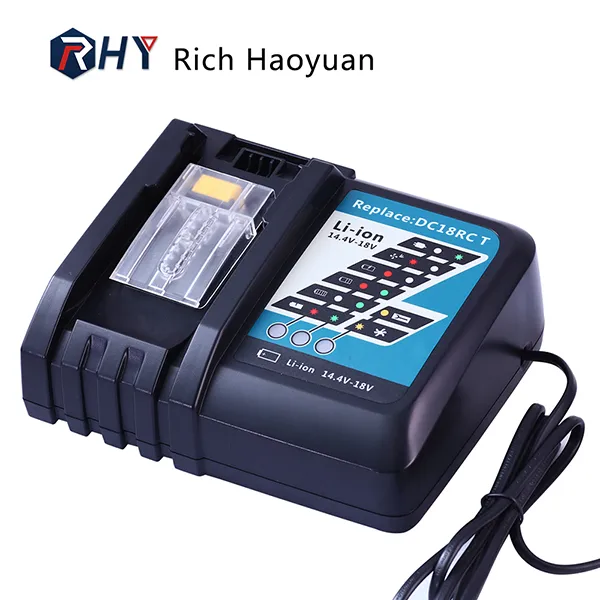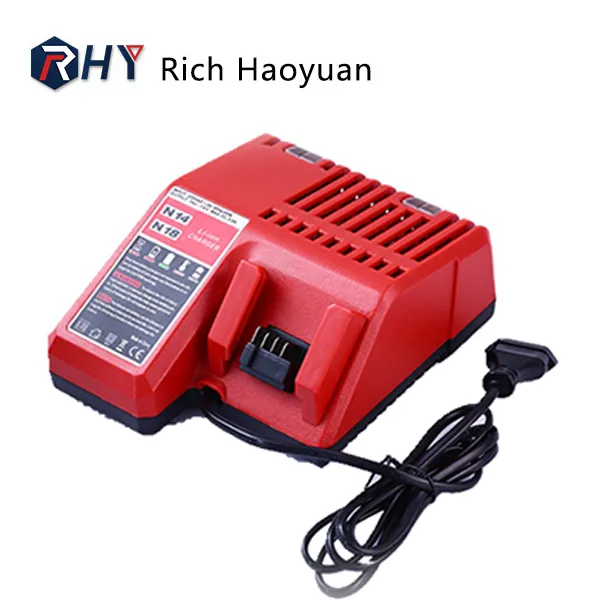Together for An Electric Future.
Nowadays, using an electric vehicle is commonplace. The electric vehicle makes use of large lithium-ion battery packs which are costly, and they frequently account for the majority of the overall vehicle cost.
Lithium-ion batteries at times spontaneously explode while being charged. Because of this, we must start paying attention to the safety measures of the Li-ion battery charger when charging to prevent this undesirable incident.
While using the li-Ion battery charger to charge a battery, pay special attention to the following points.

Keep a keen eye on the lithium-ion battery's charging environment throughout the duration of the battery being charged.
If the surrounding temperature exceeds 35 °C, the lithium-ion battery's power will not rise but rather drop because the present temperature is greater than the recommended charging temperature range.
This means that the lithium-ion battery's time spent supplying power while completely charged will be lowered, hence decreasing battery life.
Both excessively high and depressingly low ambient temperatures are prohibited whilst charging a Li-ion battery. Take note that charging a lithium-ion battery in an environment with low temperature will result in its inability to charge.
Low temperatures can degrade lithium-ion batteries, although, unlike high temperatures, the damage is temporary. The lithium-ion battery can always go back to its initial state if the temperature reaches a level that is adequate.
Only the specified charger should be used to recharge the lithium-ion battery.
The technical specifications for lithium-ion battery chargers must be met by particular chargers since the manufacturing procedures for lithium-ion batteries and battery chargers differ significantly.
Kindly contact an authorized dealer to purchase a new charger if the previous one is missing or damaged. It is strongly discouraged to charge using lead-acid chargers or any other kind of charger.

Keep an eye on the charging socket interface's insertion pattern while it is being charged.
When charging, attach the outlet terminal of the li-ion battery charger inside the battery's charging port before connecting the AC power source. After charging, disconnect the power source before unplugging the battery plug.
Otherwise, reversing the sequence will likely result in electric spikes in the battery plug, which will likely destroy the charger and perhaps lead to a short circuit or explosion.
The gradual deterioration of your battery is accelerated by essentially two factors:
These two factors hasten the deterioration of lithium-ion batteries.
High charge levels produce additional efficiency for the first few charging cycles, accompanied by a drop in performance and significantly faster cell breakdown, while extreme temps accelerate the degenerate reactions that take place in the electrolyte of a lithium-ion battery.
We are a well-known manufacturer of Li-ion battery chargers. We've been producing and distributing li-Ion battery chargers for several years.
Our Li-ion battery charger has received ISO9001:2008 certification, and several countries have granted export safety certification to our products.
Please feel free to contact us if you need assistance in making a decision on the purchase of battery chargers.